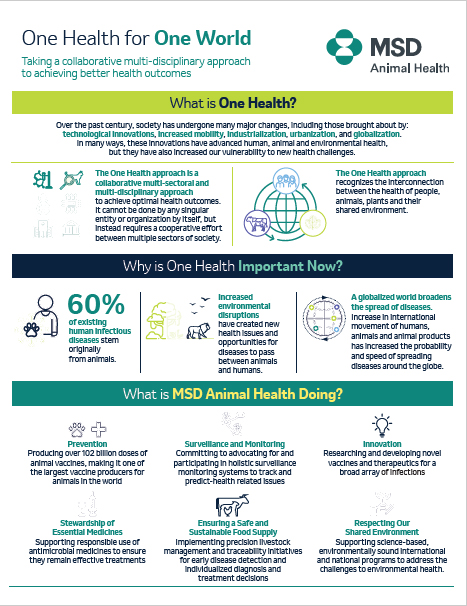Good Reasons On Selecting Yeast Infections In Dogs
Wiki Article
What Are Common Medical Problems That Can Affect Animals?
The health issues animals have to face are different depending on the nature, age, and the general health of the animal. Common medical problems in animals include:
Parasitic illnesses- Infections brought on by ticks, fleas, worms and mites cause various health issues. Regular checkups and parasite prevention are crucial. Skin Conditions- Skin problems like dermatitis and allergies can cause discomfort and irritation to animals.
Ear Infections: Ear infections are common in dogs and cats, especially those with a sloppy ear, which can cause irritation and hearing issues.
Dental Problems: Dental issues such as periodontal disease and tooth decay could adversely affect the overall health of animals.
Respiratory Diseases: In stress or in environments that are overcrowded animals may suffer from upper respiratory diseases (pneumonia, asthma, and bronchitis) and pneumonia.
Arthritis and Joint Problems- older animals, as with some breeds that are large, are susceptible to joint problems and arthritis which may cause the loss of mobility and pain.
Obesity - Overweight pets are at greater danger of developing heart disease, diabetes and joint problems.
Other digestive issues could be caused by food-related issues, infections or other conditions.
Cancer - Similar to humans, animals can develop cancerous tumors which may require treatment such as chemotherapy, radiation or surgery.
Injuries and Wounds Accidents, fights, or falls can cause soft tissue injuries such as fractures. This requires medical treatment. A balanced diet, regular veterinary checks, vaccinations and parasite control can prevent many of the common medical problems in animals. In addition, if your pet shows symptoms of discomfort or illness, you should seek medical attention immediately. Find the Top pet performance supplements for blog info.

What Are Some Of The Most Effective Supplements And Vitamins Available For Dogs?
Vitamins, probiotics, or other supplements must be selected according to the specific needs of your dog and any veterinarian's recommendations. It is crucial to feed your dog healthy and balanced food certain breeds may need supplementation. Here are a few supplements that are beneficial to dogs.
Antioxidants. Antioxidants including vitamin C, vitamin E and vitamin A can safeguard and enhance your dog's immune system as well as their cells from oxidative strain. Calcium and Vitamin D are essential for strong bones and teeth particularly in puppies and large breeds.
Fiber Supplements are beneficial for dogs who have digestive problems, such as constipation or diarrhea.
Green-Lipped Musssel Extract- This supplement is high in omega-3 fatty acids and can reduce joint inflammation as well as improve mobility for dogs suffering from arthritis.
Coenzyme Q10 CoQ10 is an antioxidant that can help support heart health as well as the production of energy within cells.
Milk Thistle. This herb supports liver health in dogs, specifically those suffering from liver diseases or taking medications that affect liver function.
It is important to speak with your veterinarian before you give any supplements to your dog. Your vet will give you suggestions that are tailored to the needs of your dog and its conditions. Your dog's health, age and size can affect the dosage. Supplementation too often could cause harm. It is crucial to select supplements that are made by reliable producers. See a vet immediately in the event of any reactions or symptoms that are unusual. A well-balanced and veterinarian-recommended diet is typically the best way to meet your dog's nutritional needs, and supplements should only be used when necessary and under professional guidance. Find the top pet herbal supplements for herding cats for website info.

How Common Are Kidney Failure As Well As Skin Allergic Reactions, And Yeast Infections In Dogs? What Are The Remedies?
Skin allergies, yeast infections, and kidney failure can occur in dogs, and their incidence varies on factors like breed as well as age and general health. This article will provide a brief description of these ailments and their potential treatments.
Prevalence of renal disease and kidney disease - While less common, renal disease can affect dogs who are older. It may be acute (onset abruptly) or chronic.
The increased thirst and urination can be associated with weight loss, fatigue and changes in the urine (excessive and reduced urine).
The treatment depends on the type of kidney disease. Acute kidney failure demands intensive care. Chronic kidney disease is managed by dietary changes as well as medication to reduce blood pressure and treatment for kidney function. Early detection and treatment is crucial because it's a condition that progresses.
It is crucial to be aware because these ailments may be affecting certain dogs, but not all. The severity of these diseases can also vary between breeds and breeds. Regular veterinary exams and a balanced diet along with preventative measures such as flea control and proper sanitation can help reduce this risk. It's important to consult a veterinarian when you suspect that your pet may be suffering from a medical condition, such as yeast infections, skin allergy or kidney issues. This will assist in determining the exact diagnosis and customize a treatment strategy. The earlier intervention is crucial in improving your pet's health and overall quality of life. Find the Top pet herbal supplements for senior pets for site tips.